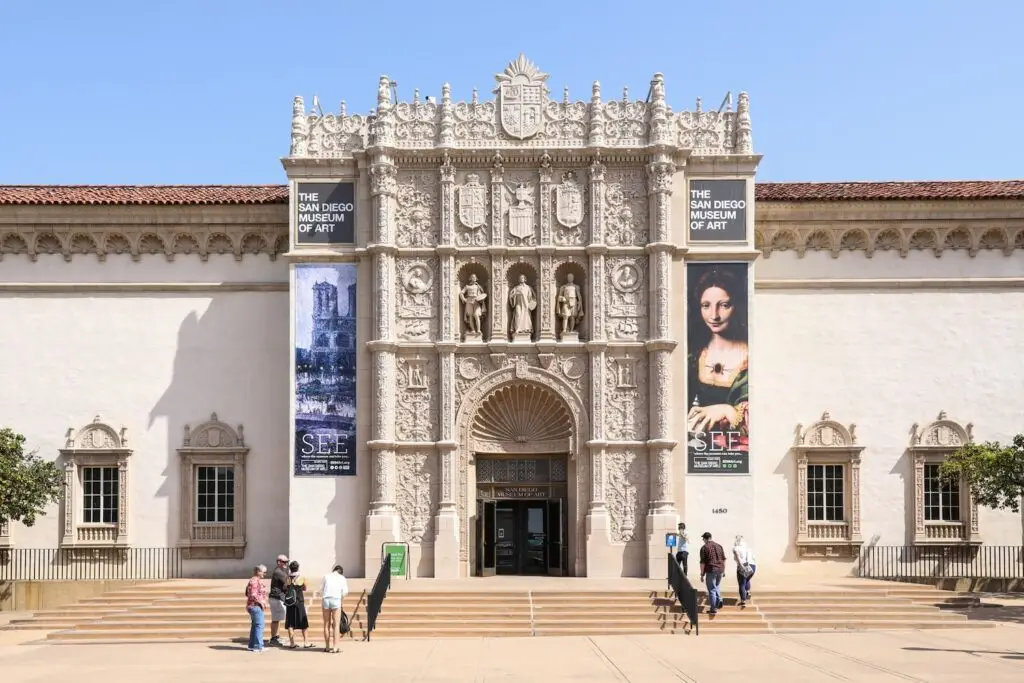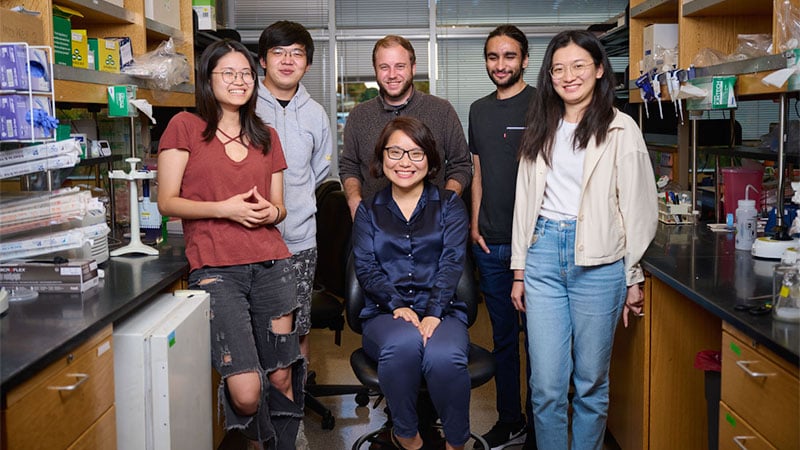Only about 37 percent of doctors in the US are women. When it comes to physician scientists—MDs engaged in medical research—the number of women drops to 33 percent. And thanks to a gender gap in clinical trials, women can find themselves suffering adverse effects from treatments and medications that were tested primarily on men.
The Prebys Foundation is looking to change all that. In May, the San Diego–based charitable organization, in partnership with the Science Philanthropy Alliance, awarded $500,000 grants to 14 local women scientists working to transform human health. Intended to fund projects by research leaders from underrepresented groups, the org’s Research Heroes initiative also has the potential to transform treatments for cancer, Alzheimer’s, infectious viruses, and other illnesses. Meet the program’s first cohort.
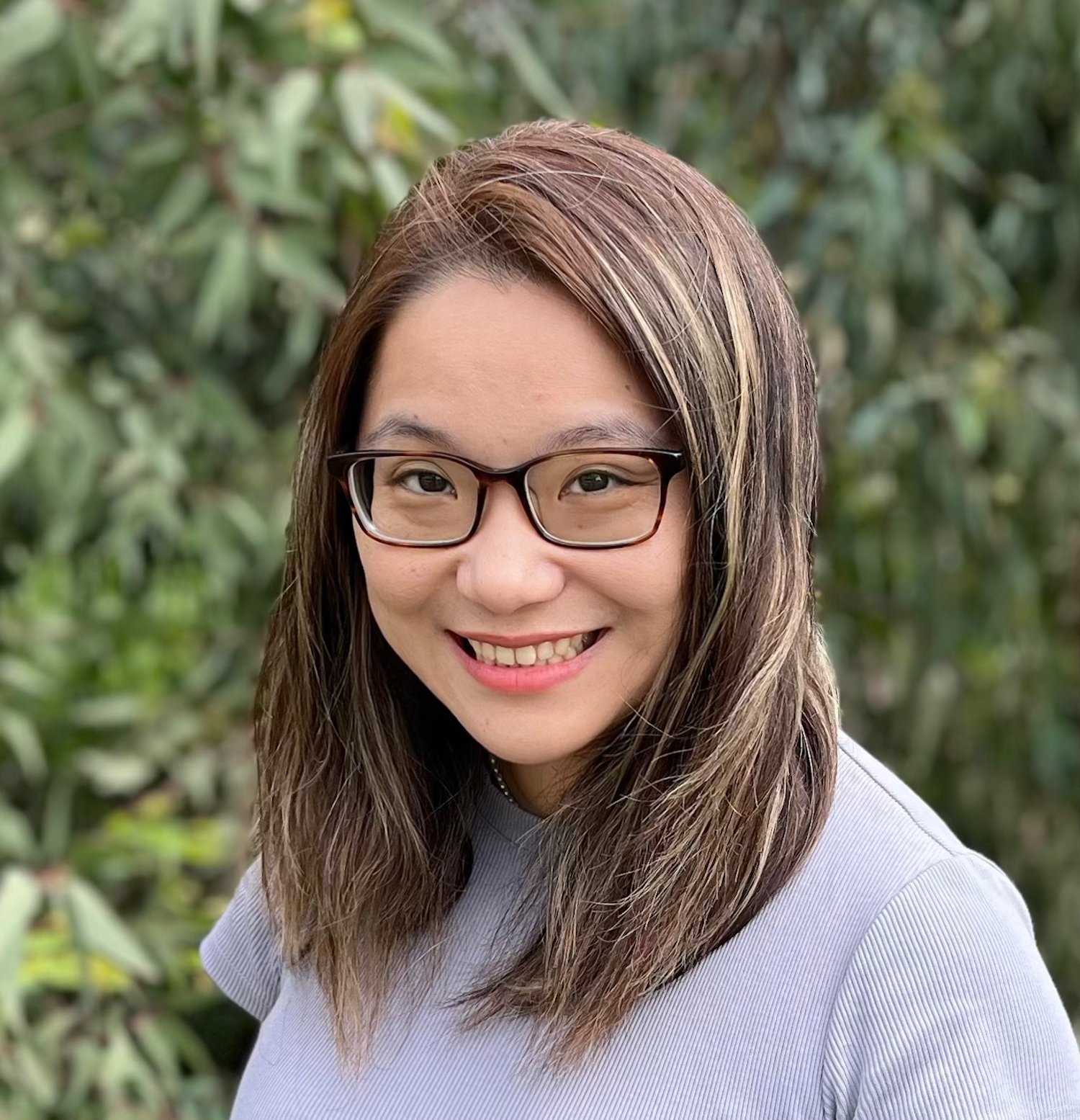
Xin Jin
Xin Jin is an assistant professor of neuroscience at Scripps Research. She is exploring brain development’s cellular mechanisms to better understand and track the progression of disorders like autism and schizophrenia.
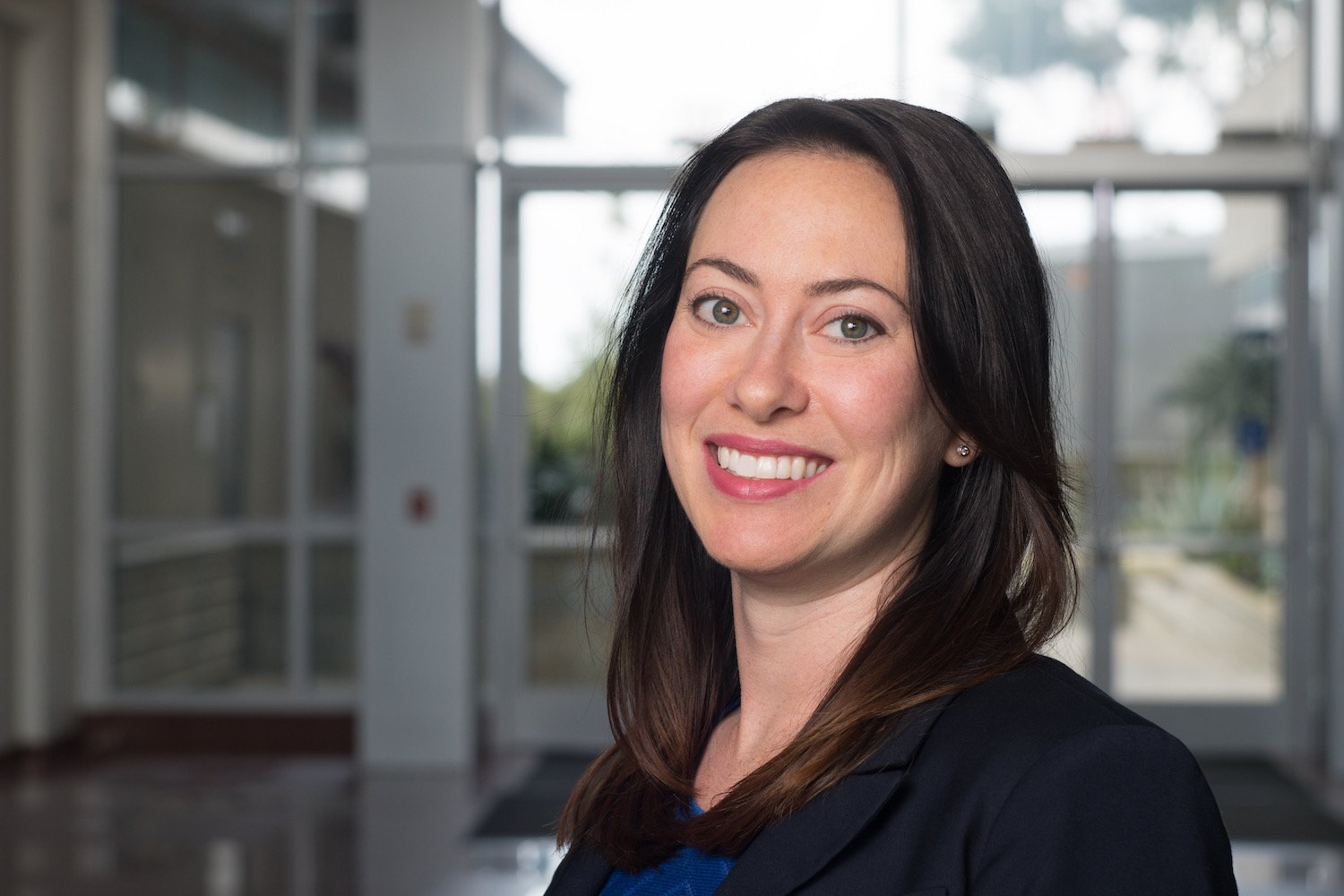
Stephanie Fraley
Stephanie Fraley is an associate professor of bioengineering at UC San Diego, leads a lab focused on improving infectious disease detection and finding treatments for cancer metastasis (or spread) to combat two leading causes of death around the globe.
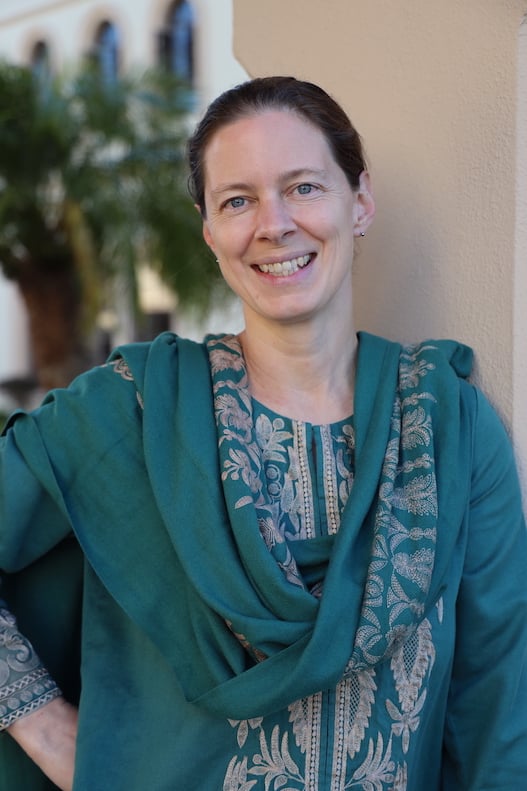
Rachel Blaser
Rachel Blaser is a professor of psychological sciences at the University of San Diego. She was awarded the grant for her groundbreaking research on human cognition and memory, which aims to detect early signs of cognitive decline, potentially transforming the approach to diseases like Alzheimer’s.
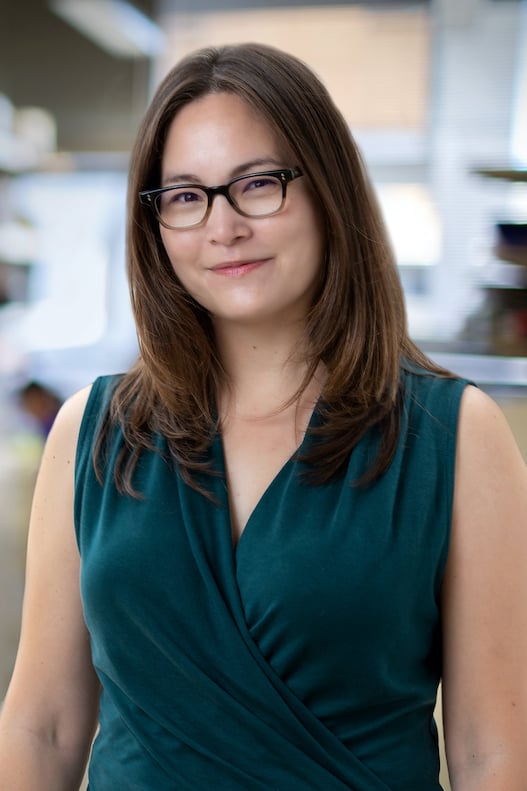
Dannielle Engle
Danielle Engle is an assistant professor and the Helen McLoraine Developmental Chair at the Salk Institute for Biological Studies’ Regulatory Biology Laboratory. She’s working to discover a quick and simple diagnostic marker for pancreatic cancer, similar to the PSA test for prostate cancer or screenings for colon cancer.

Razel Milo
Razel Milo is an associate professor of nursing and health science at the University of San Diego, as well as a family nurse practitioner and behavioral science researcher. She’s creating surveys in Tagalog to measure the life satisfaction and stress levels of Filipino Americans, hoping to improve healthcare for that community.
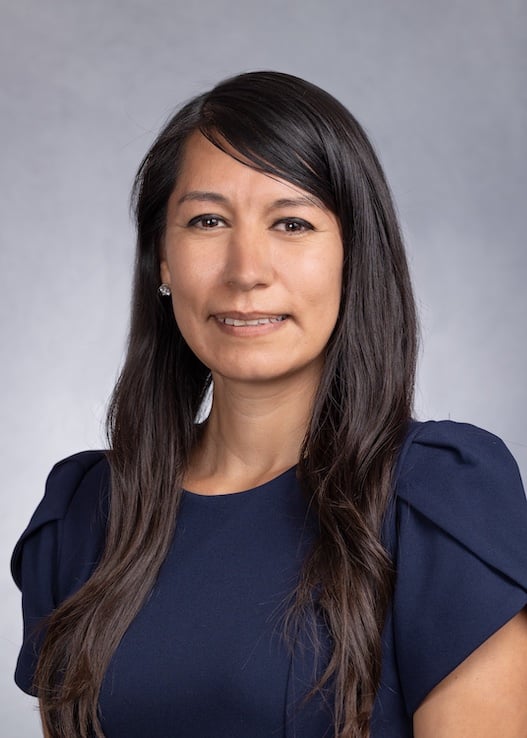
Angelica Riestra
Angelica Riestra is an assistant professor of biology at San Diego State University. She is developing ways to fight the parasite that causes trichomoniasis, a common sexually transmitted infection with links to cervical cancer, HIV, and other health issues.
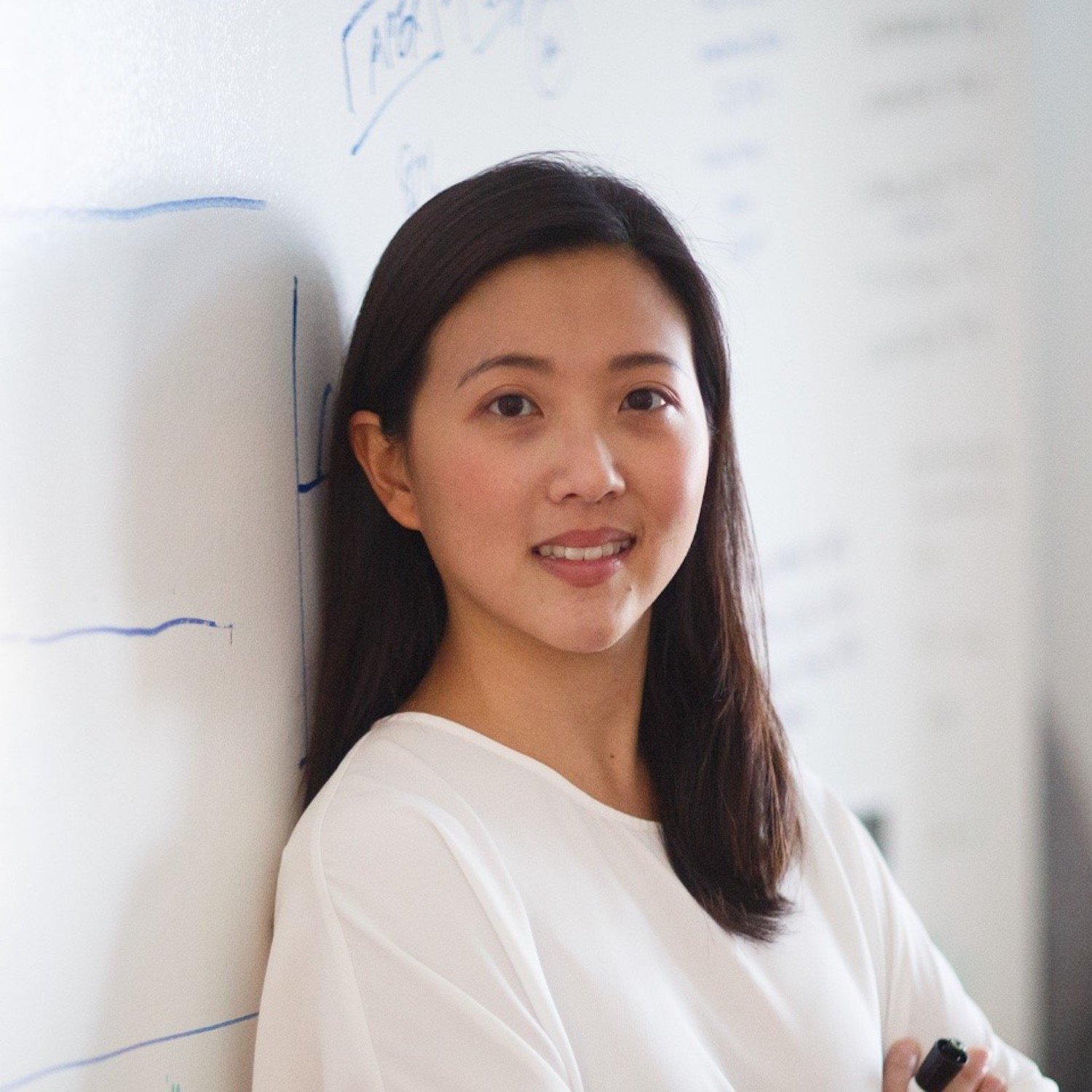
Mia Huang
Mia Huang is an associate professor of chemistry at Scripps Research, is studying the biological functions of glycans, a complex sugar molecule in the human body, with the aim to predict and reduce pregnancy health risks by finding early markers for potential complications.
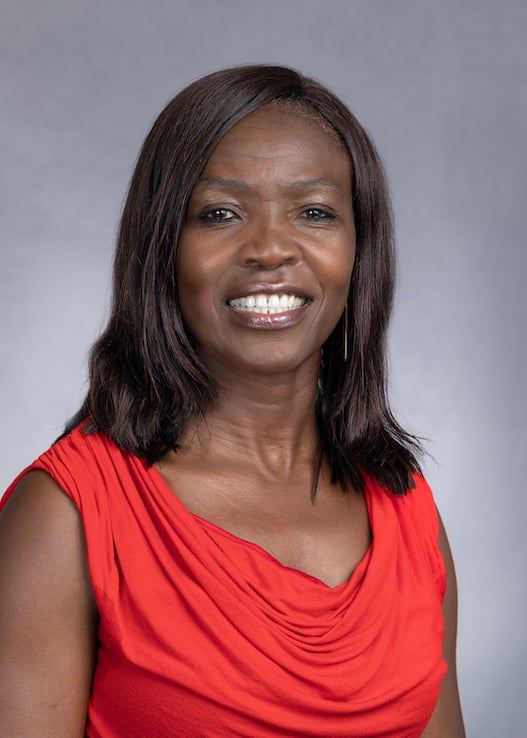
Marygorret Obonyo
Marygorret Obonyo is an associate professor at UC San Diego School of Medicine, is finding new methods to identify genes that increase the risk of developing gastric cancer—the third leading cause of cancer-related deaths—and forge effective new treatments for the disease.
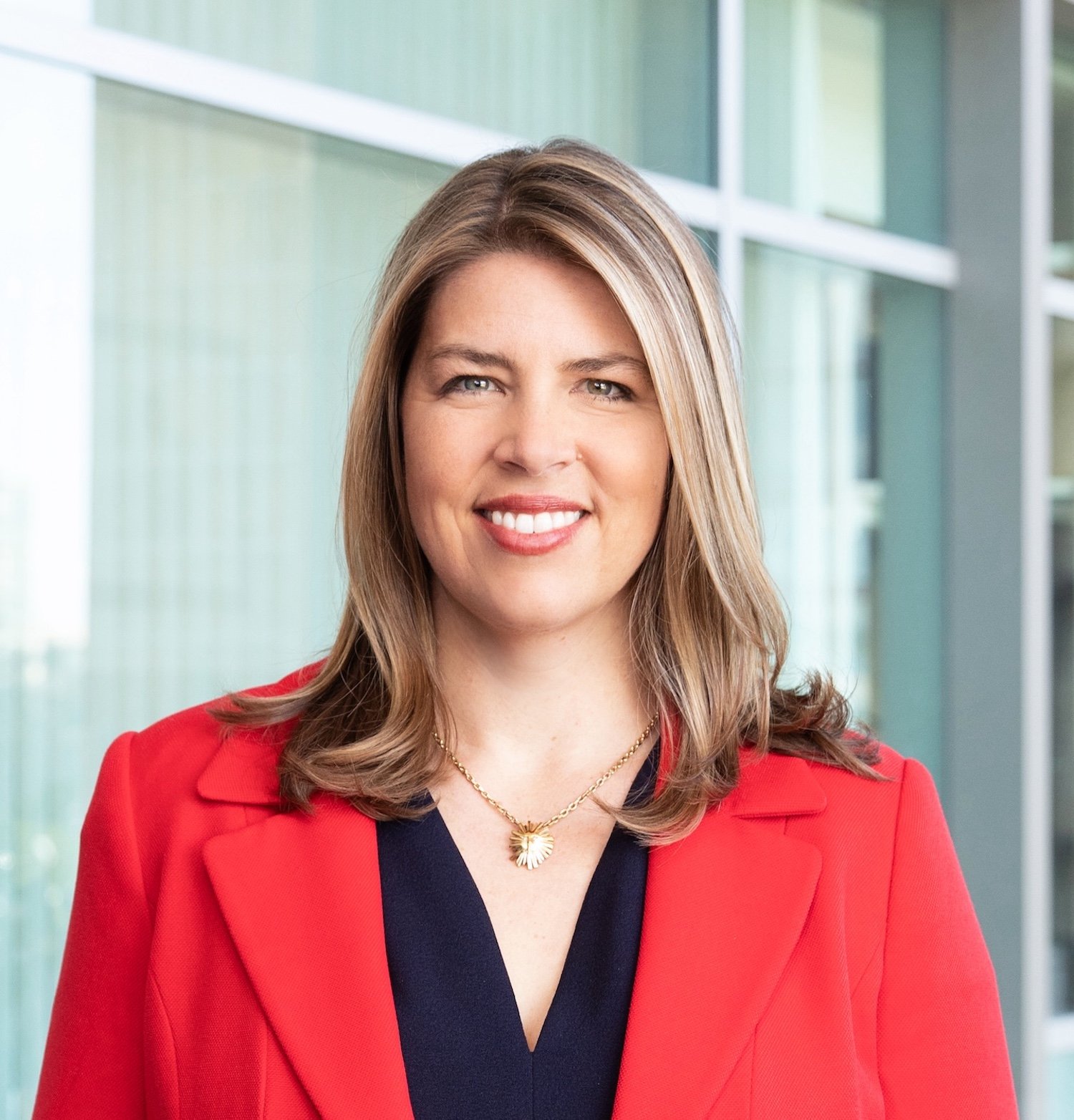
Erica Ollman Saphire
Erica Ollman Saphire is the president and CEO of the La Jolla Institute for Immunology. She’s working to determine why we get sick by researching how viruses interact with the immune system. She captures images of pathogens to learn where they are susceptible to antibodies.
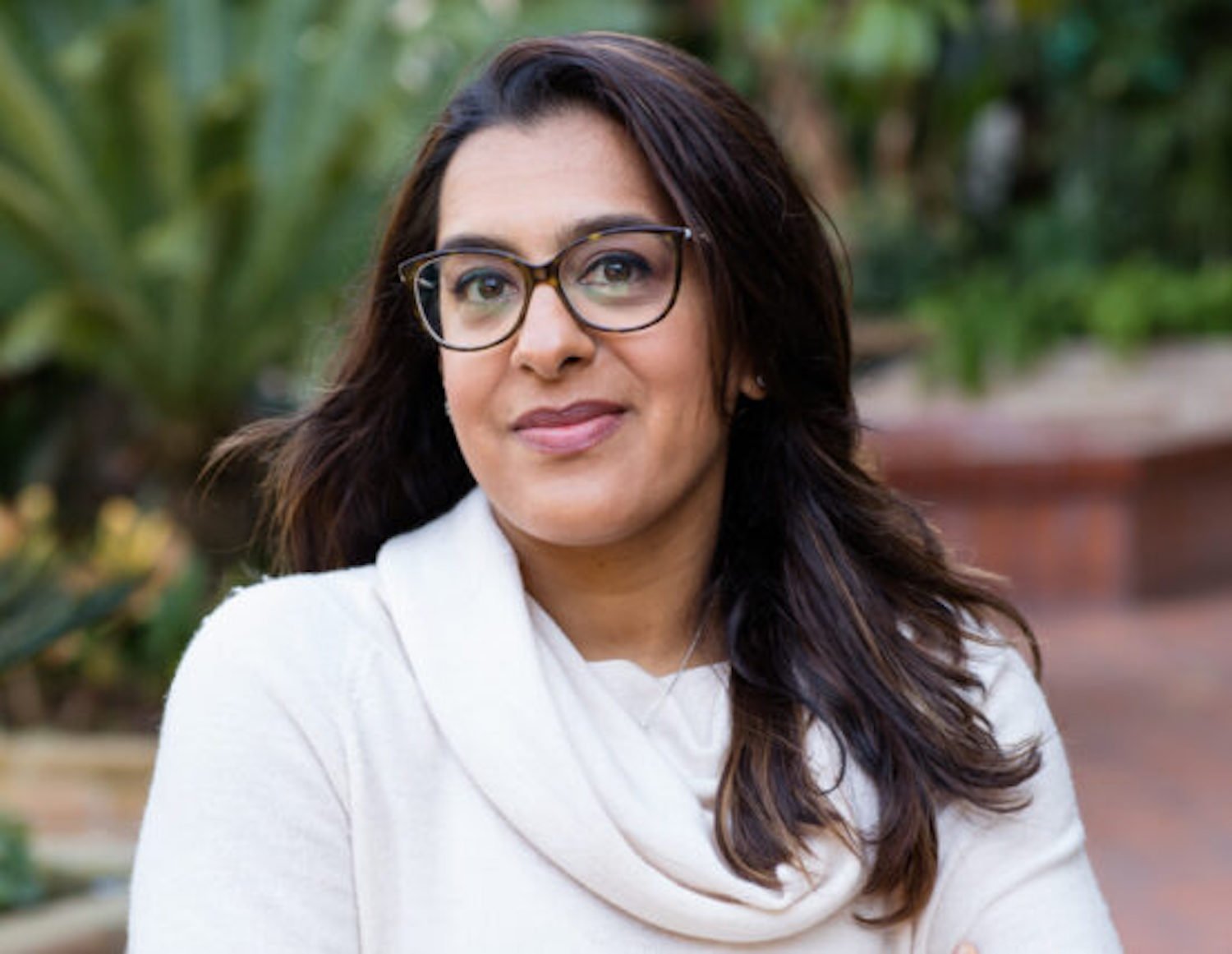
Sonia Sharma
Sonia Sharma is an associate professor at the La Jolla Institute for Immunology, is studying immune system differences between sexes, with the ultimate goal of creating new treatments for Alzheimer’s, which disproportionately impacts women.
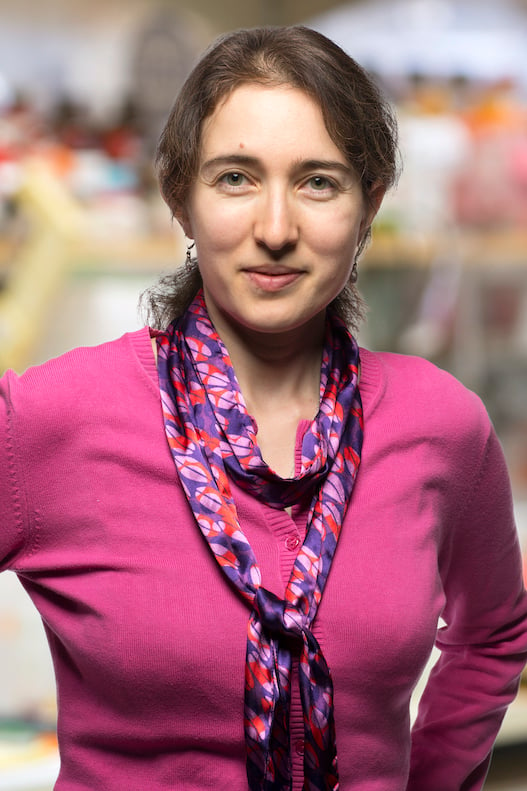
Tatyana Sharpee
Tatyana Sharpee is a neuroscientist and professor at the Salk Institute for Biological Studies. Drawing on her background in physics, she’s creating an algorithm to predict the impact of strokes, schizophrenia, and other diagnoses on the brain.
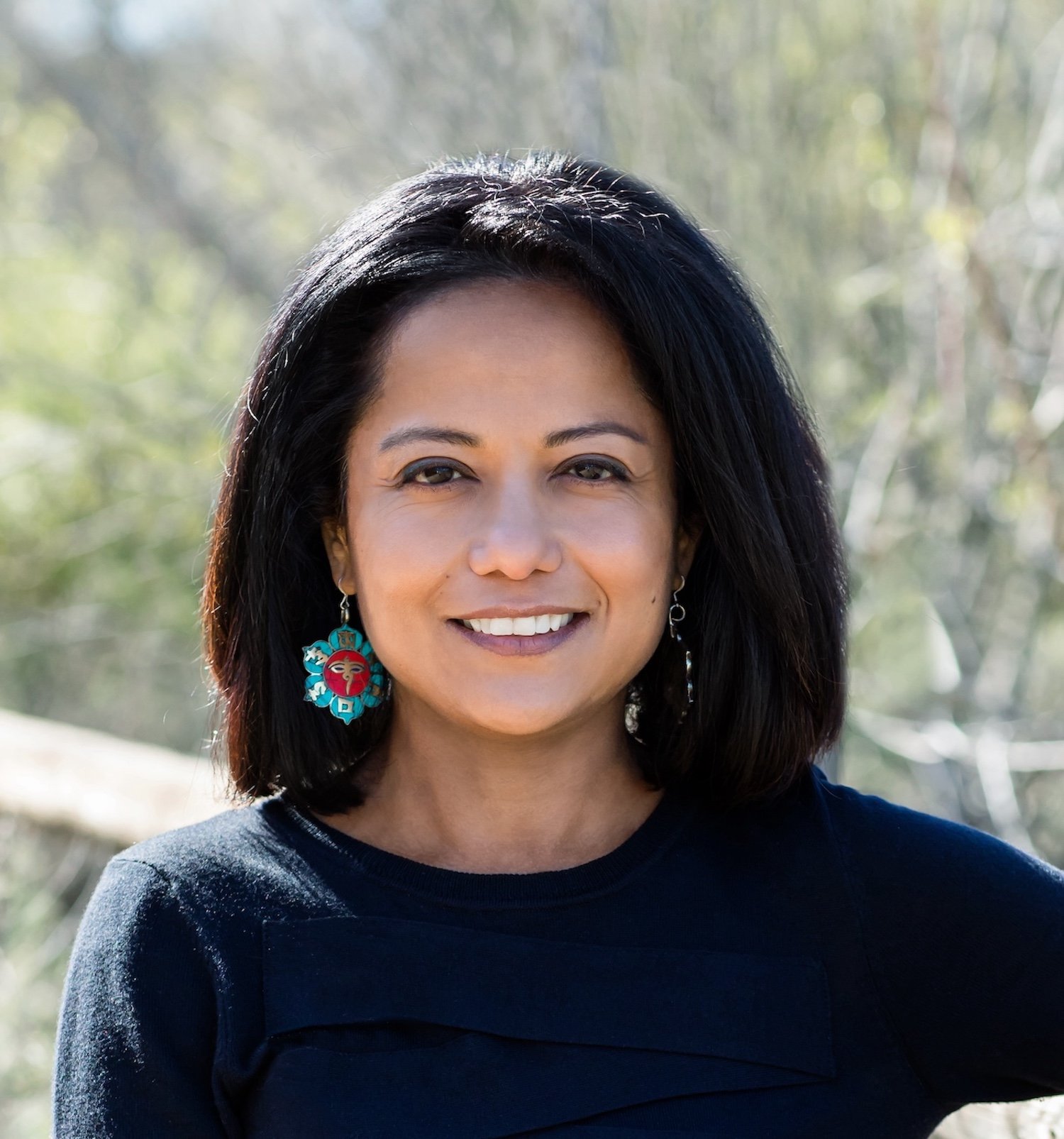
Sujan Shresta
Sujan Shresta is a researcher and professor at the La Jolla Institute of Immunology. The grant will help fund her mission to develop a vaccine that inoculates against multiple flaviviruses, a category that includes dengue, Zika, and West Nile.
PARTNER CONTENT
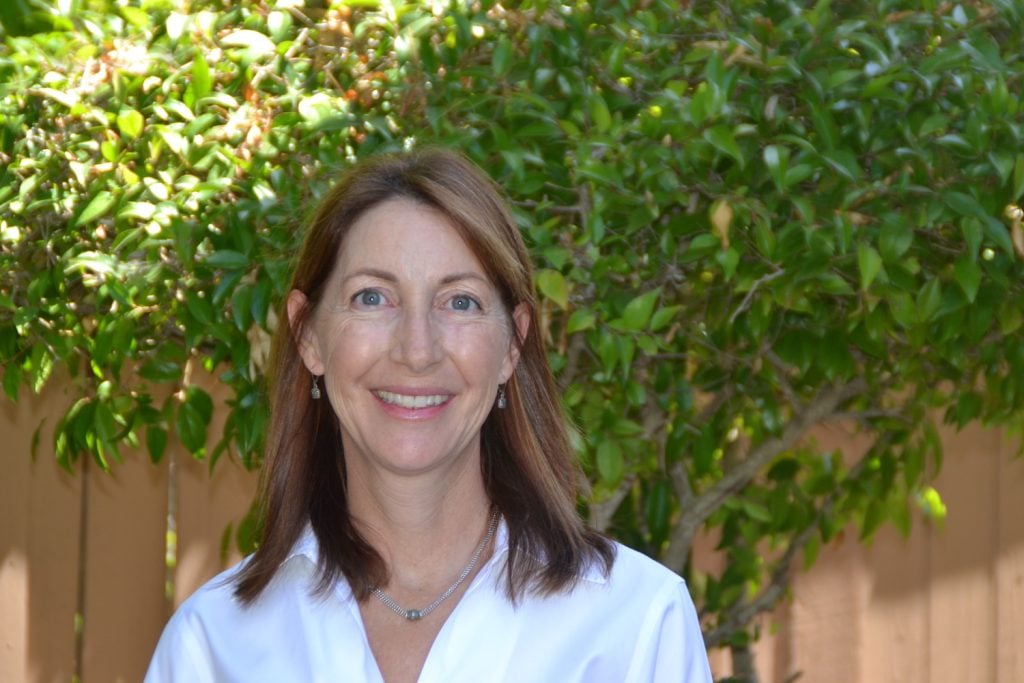
Lisa Stowers
Lisa Stowers is a neuroscientist and professor at Scripps Research focusing on the brain’s structure—especially the way it processes scents—in order to help progress treatments for depression, autism, dementia, Alzheimer’s, and other disorders.
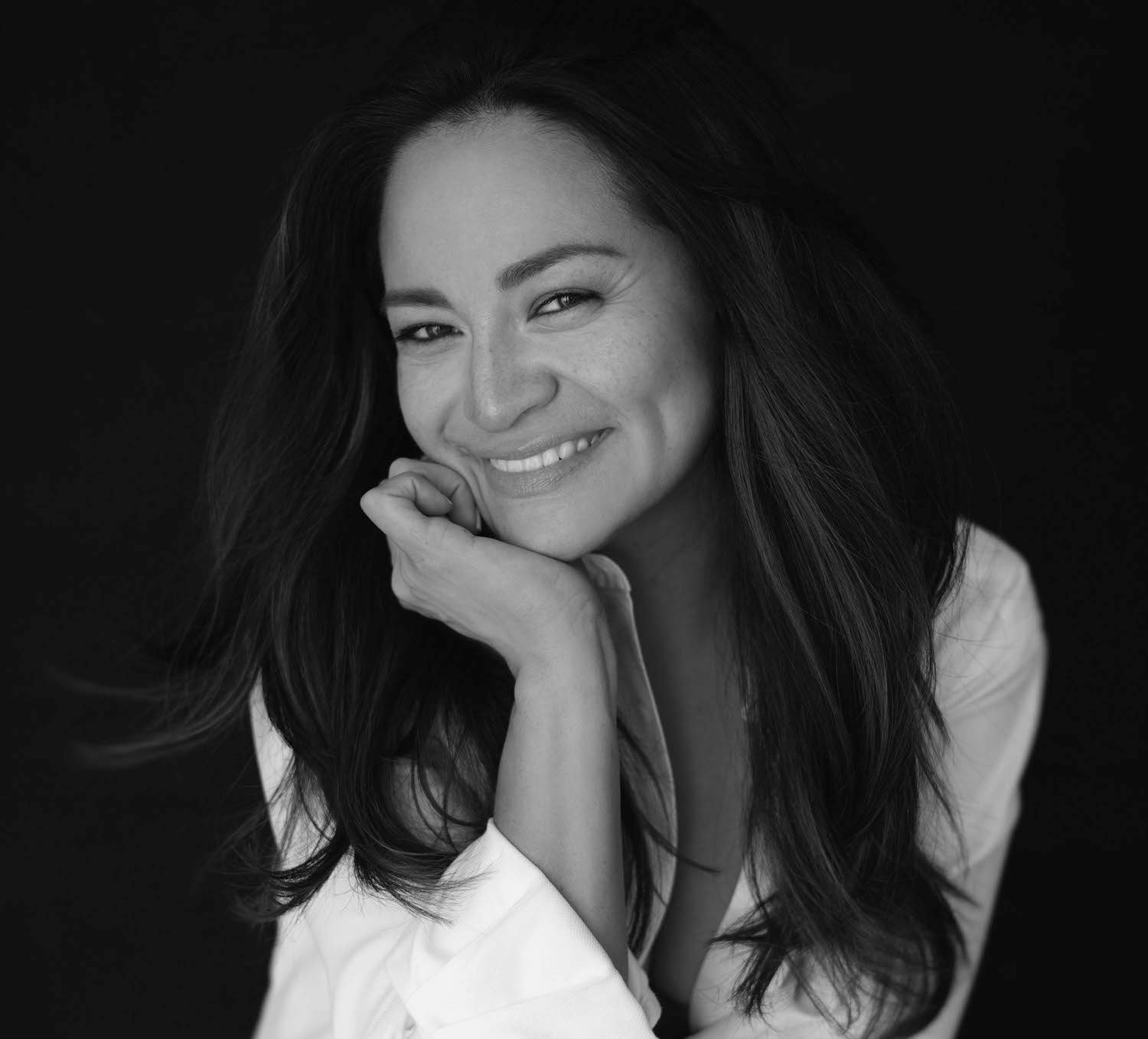
Daniela Valdez-Jasso
Daniela Valdez-Jasso is an associate professor of bioengineering at UC San Diego. She’s seeking ways to diagnose and treat pulmonary hypertension—high blood pressure of the lungs—before the need for a lung transplant.



